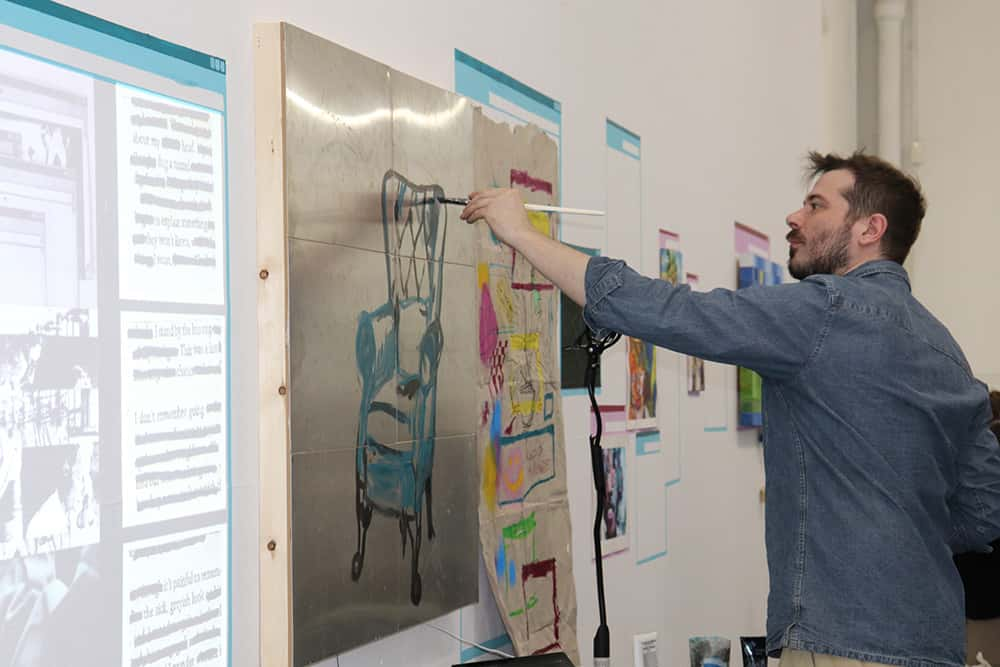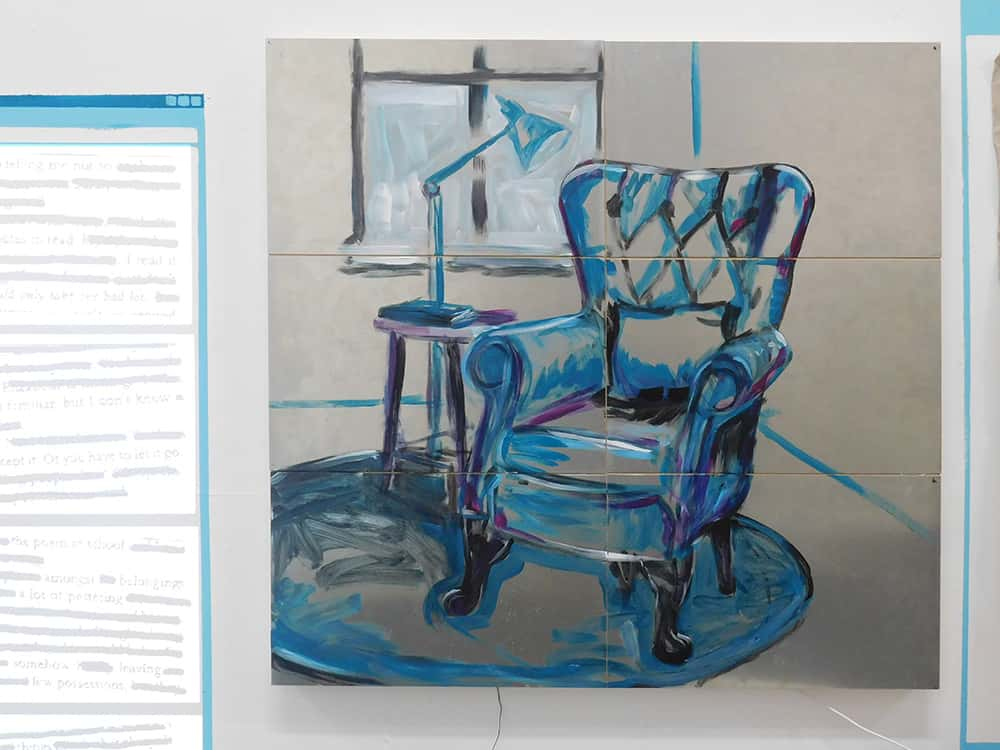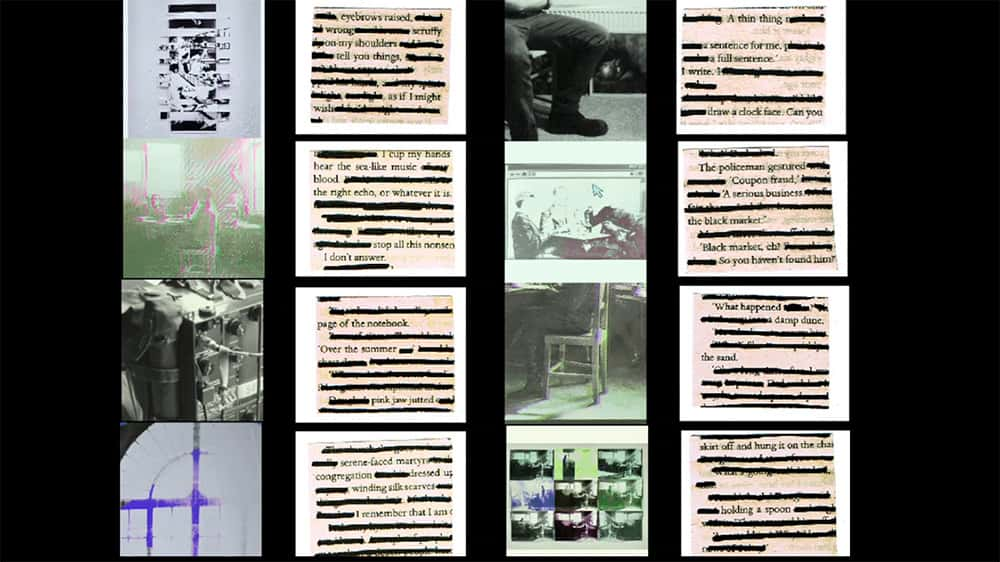Bradley Tooke: How I combine painting with digital technology
Third-year BA (Hons) Fine Art student Bradley Tooke discusses how he is transforming the practice of traditional painting with the addition of creative technology, and the process of creating his work for Grad Fest 2022.
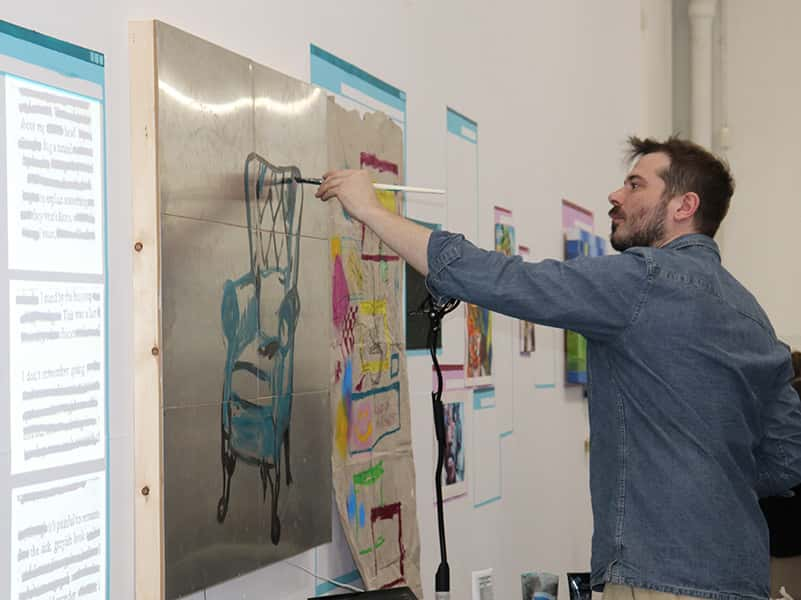
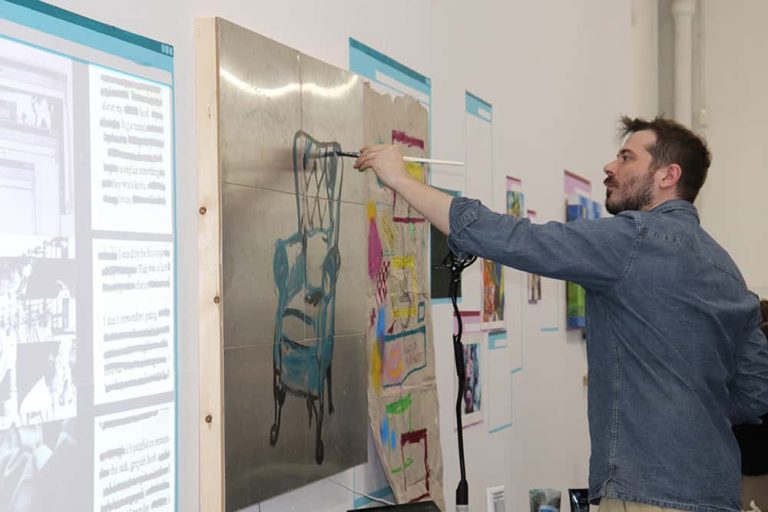
What inspired this piece of work?
My current work started with thinking about games and interactivity and how our physical actions can have a digital outcome. I think there’s something really interesting about the act of brush marks creating more than just the painting itself, which led me to wonder if I could incorporate this into making art — by combining the physical action of painting to create a digital outcome.
What encouraged you to experiment with creative technology and branch away from traditional painting?
A lot of the initial experimentation came from a workshop with Collusion during this year’s Winterfest, where we made interactive audio-visual equipment using a Makey Makey. From there, I started experimenting with the idea of using painting as a way of making computer inputs. Eventually, I started using it as a method to digitally write poetry digitally and randomly generate and edit images of my previous artworks.
“A lot of the initial experimentation came from a workshop with Collusion during this year’s Winterfest, where we made interactive audio-visual equipment.”
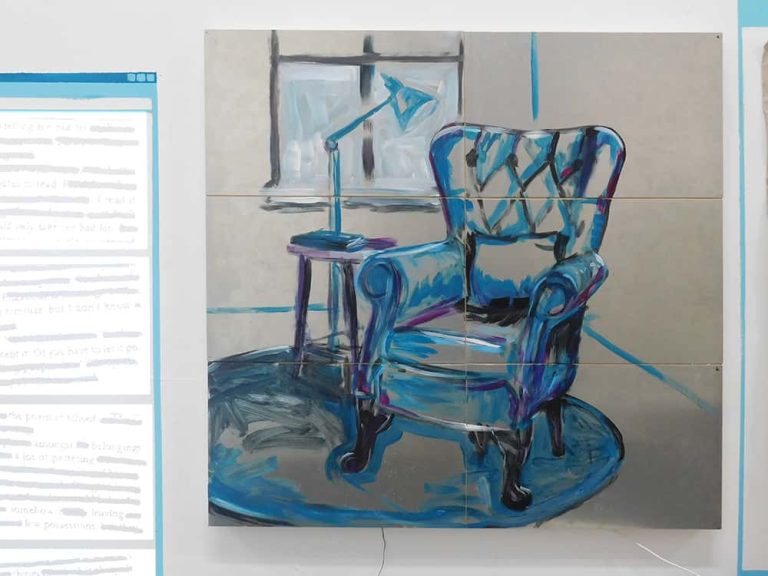
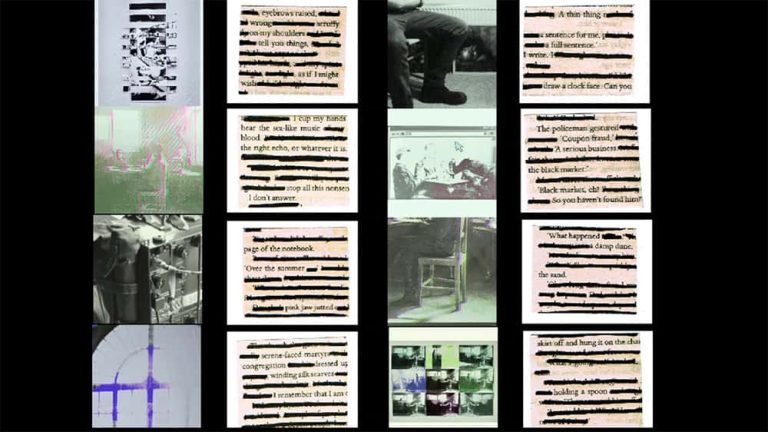
Are there any artists or movements that inspire you?
Nam June Paik and Lynn Hershman Leeson have both been huge inspirations during this project; their works both look at the crossover of the physical and the digital in different ways. A lot of my ideas have been heavily influenced by the use of the Cut-up technique, which links back to the Dadaists of the 1920s and later by Burroughs and Gysin in the 1950s. This technique uses rearranged cut-up texts to write new pieces.
Take us through how you created your work for Grad Fest 2022 — what software did you use?
The surface of the canvases are sheets of aluminium (but early experiments were done using kitchen foil) and mounted to wood to make what I’ve been calling a ‘conductive canvas’. The canvas is then hooked up to a computer, so when each different metal plate makes contact with a paintbrush, the computer registers a different input- like pushing different keys on a keyboard. A lot of my digital elements have been created using the software Scratch, which uses really accessible programming blocks. However, as the project has developed, I’ve begun writing code in Python to create different outcomes. I record the painting process and then use Premiere Pro to create a video of both the painting and the digital shifting.
Experimentation is at the heart of your work — why is it so important?
Experimentation has been essential for me: I find that testing ideas and pushing what something does allows my work to say something different. While the experiment might be as simple as changing the colour palette to trying something more elaborate, by experimenting with different things, I feel like I’m able to move forwards with my practice.
Tell us about your outcome and what’s next for this project.
My work is a piece which uses painting on conductive canvases to make computer inputs. I’m currently using it to write poetry and edit images of my previous artworks. I aim to keep experimenting with the possible outcomes I can make-the next idea is looking at using it as a method of writing music.
What do you think the role of technology is in art?
We obviously use technology as a tool to record and encounter art in continually new and improved ways. As technology becomes more and more a part of modern culture, it will inevitably continue to be a part of art. As technology becomes more of a necessity in everyday life, it not only becomes a viable space for artistic creation but a critical one. You can see more of Bradley’s experiments and final piece on his social channels: Instagram: @bradtookeart Website: www.bradleytooke.com
Explore BA (Hons) Fine Art (opens in a new window)Gallery
Other interviews
-

In conversation with Norwich’s newest lecturers in Marketing and Business Management
-
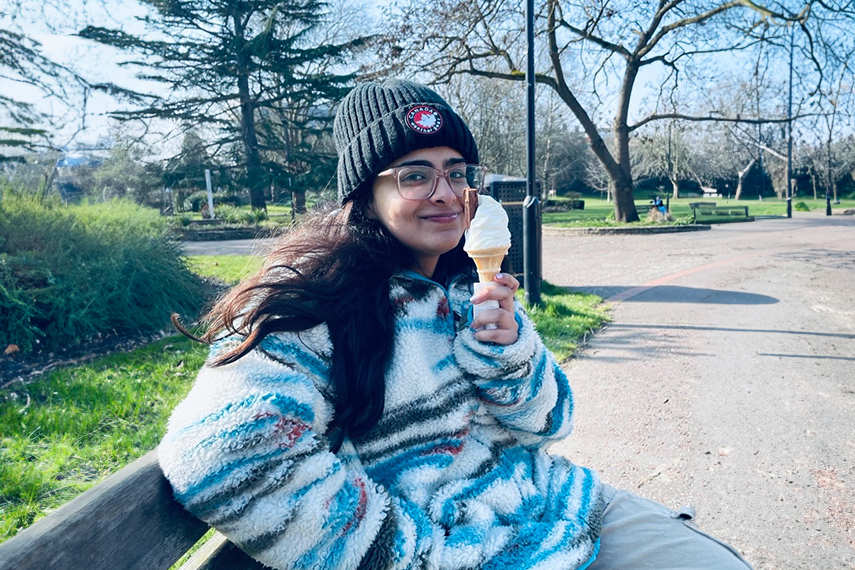
Dear future international students – Diya Vaya, BA (Hons) Film and Moving Image Production
-
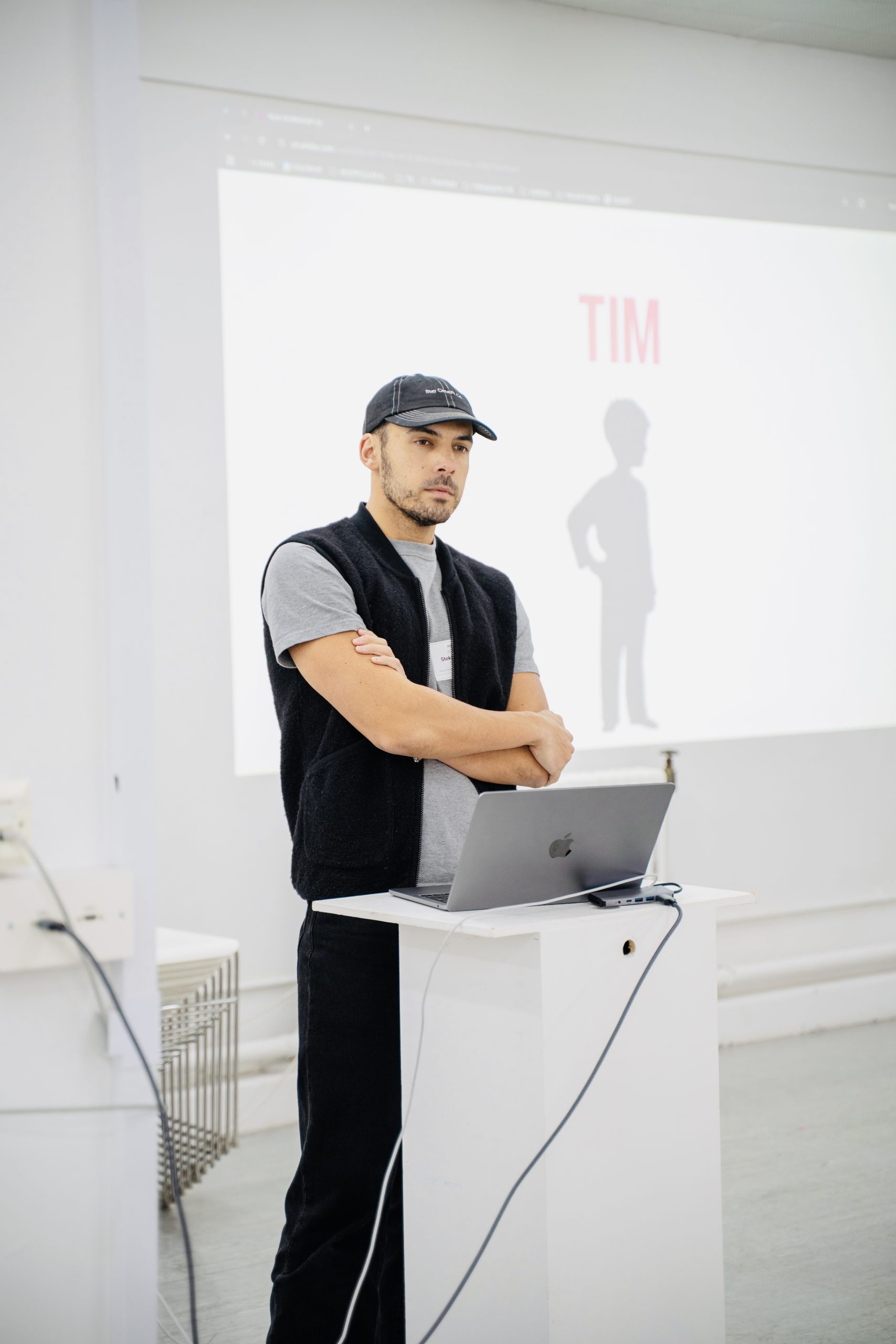
Inside Interchange Week with Stokely Howard of Trendy Grandad
-

Shape Shift Converse Rework: Authentic co-creation of art in mental health settings
-
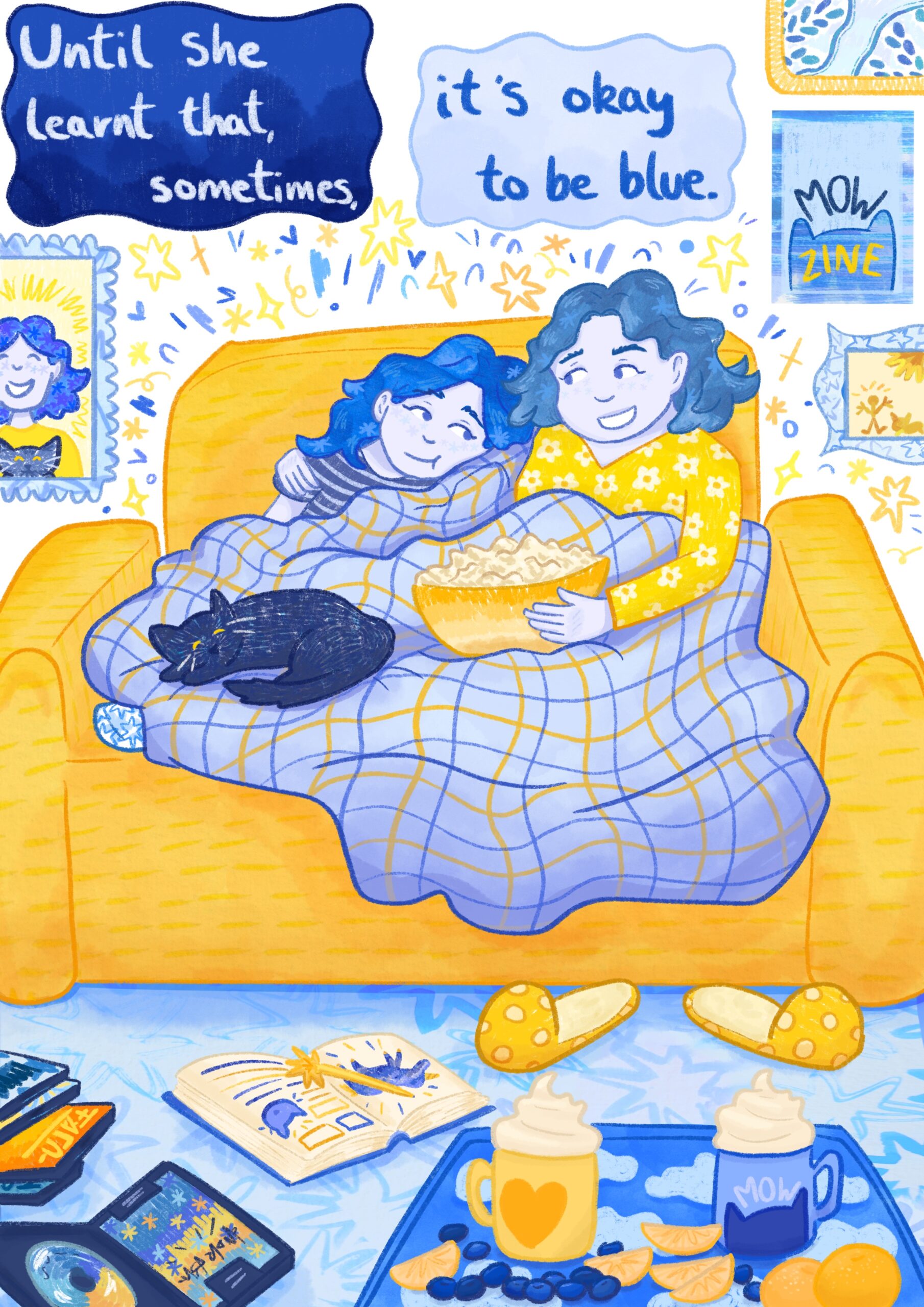
In conversation with Gabriella Mason, BA (Hons) Illustration
-
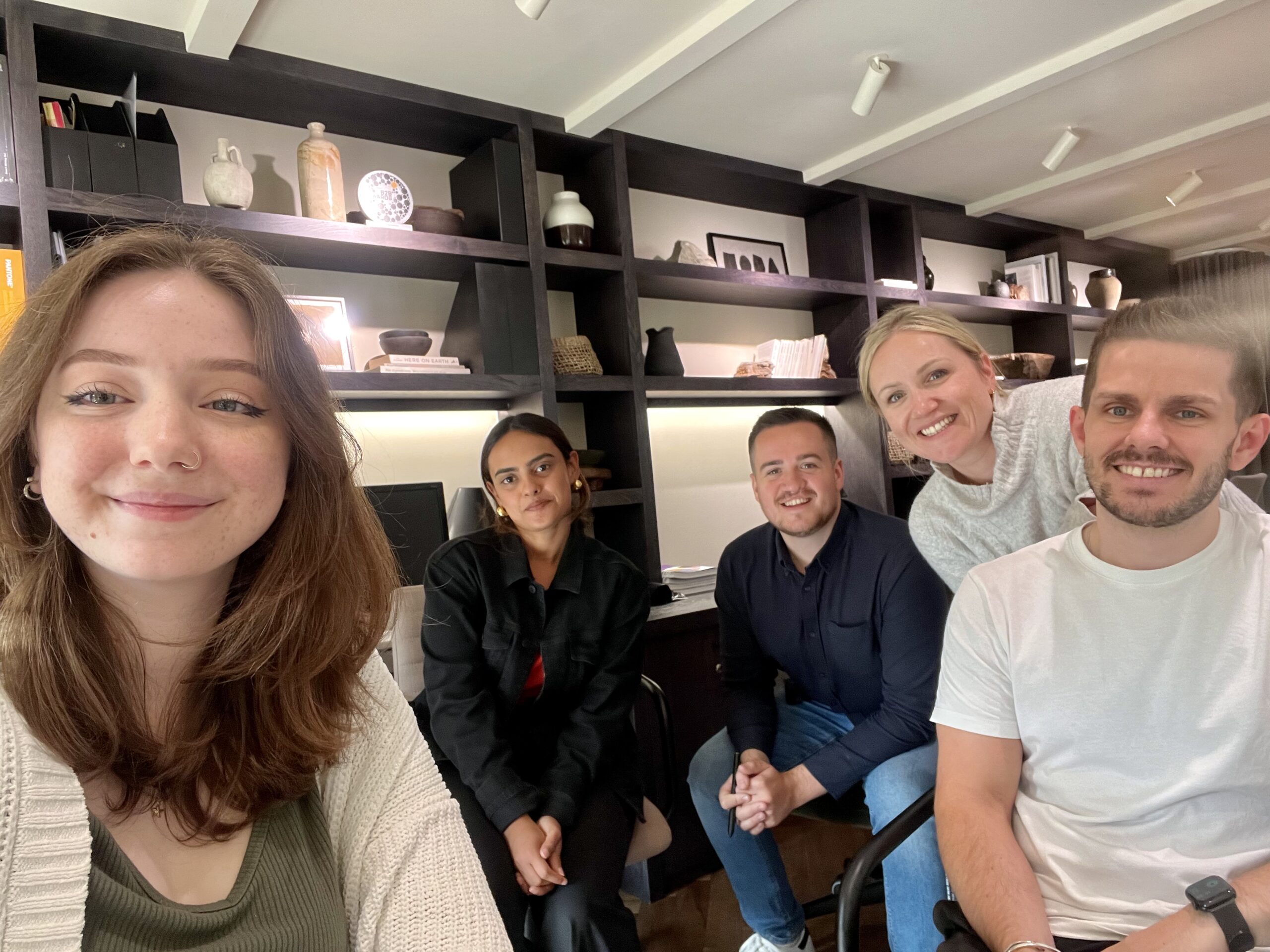
In conversation with Cassie Muskett, BA (Hons) Graphic Communication
-
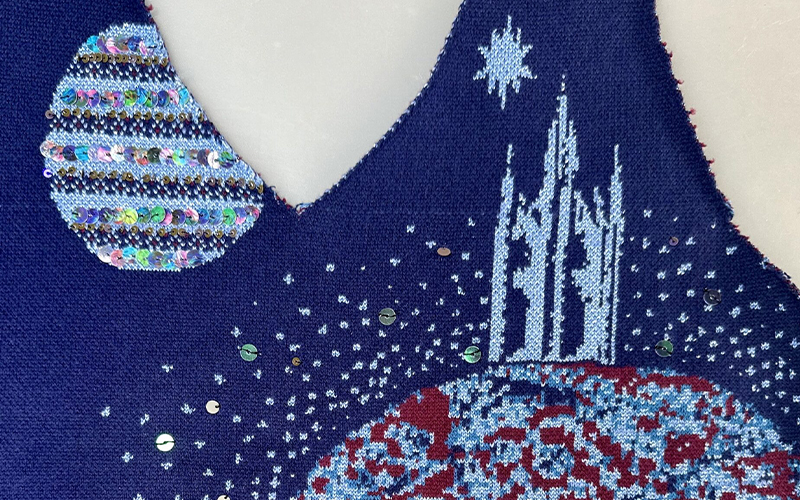
Embracing AI in Textile Design: A journey of creativity and collaboration
-
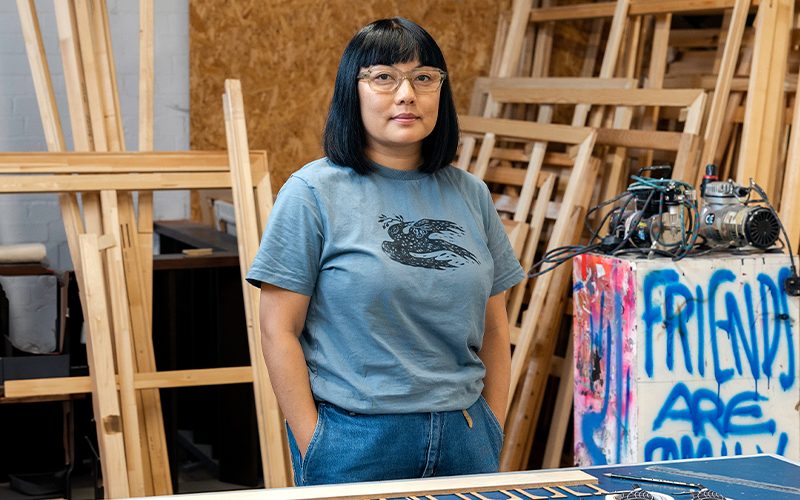
In conversation with: Alice Lee, BA (Hons) Illustration lecturer
-
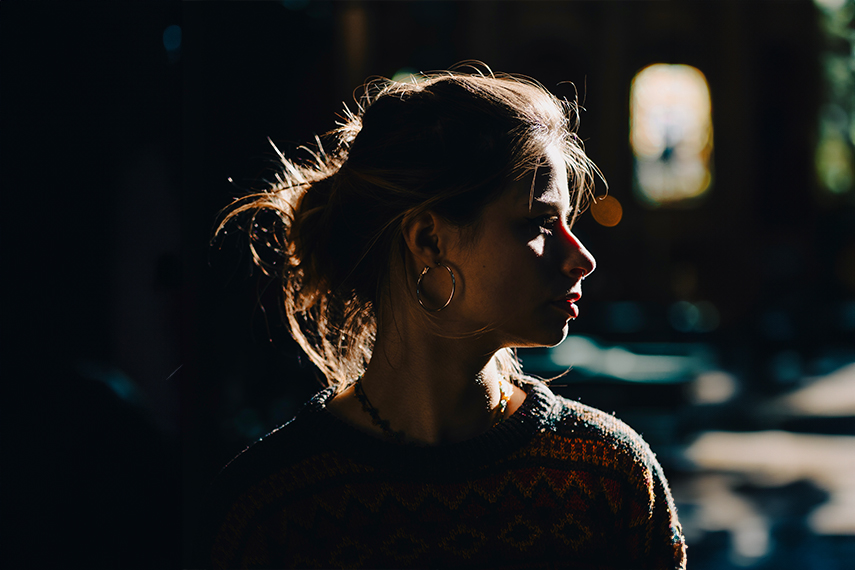
In conversation with: Lucien Kelman, BA (Hons) Animation
-
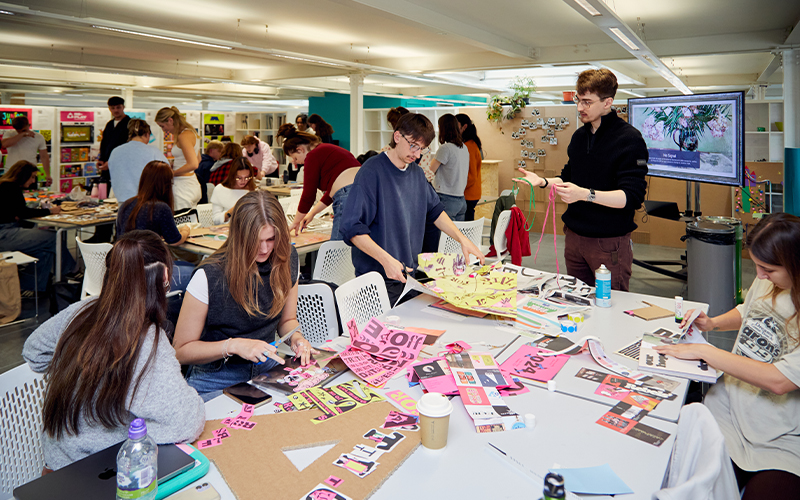
In conversation with: Sam Butler, BA (Hons) Graphic Communication
-
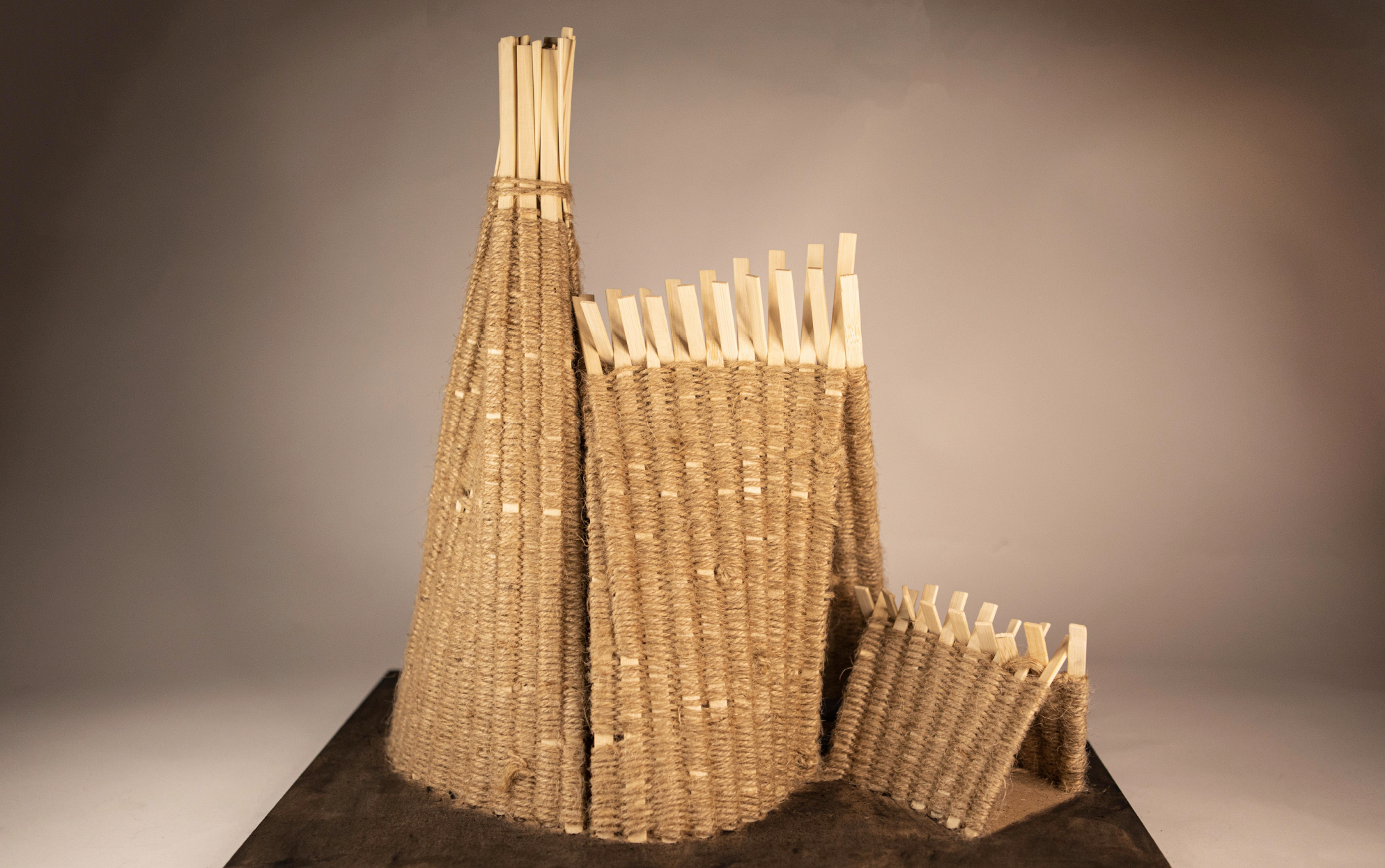
In conversation with: Tracey Lin, BA (Hons) Architecture student
-
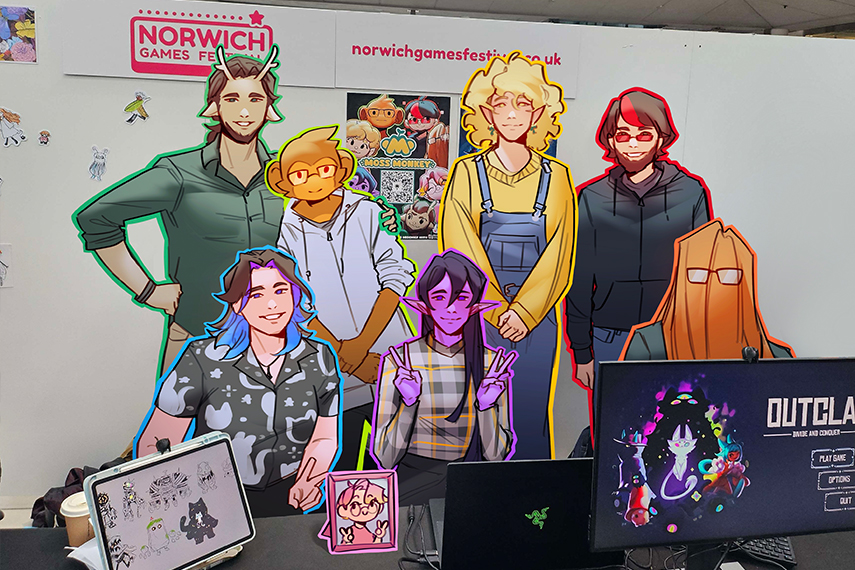
In conversation with: Iz Head, BA (Hons) Games Art and Design
